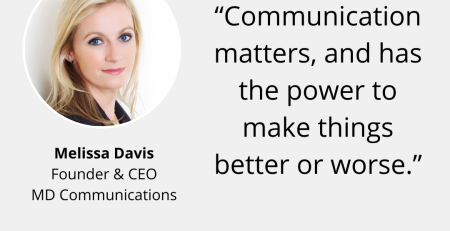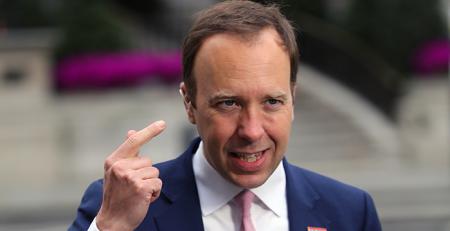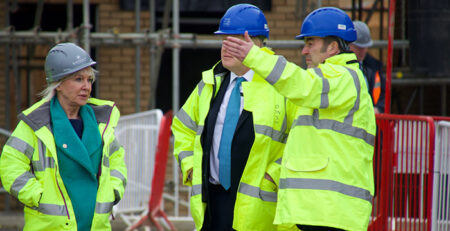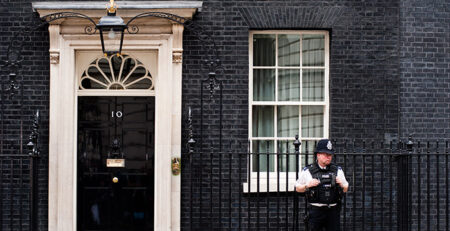CEO Melissa Davis discusses communications lessons to be learned from the Post Office Horizon scandal.
You might not be receiving post every day where you are – and perhaps when it comes it’s fully made up of late Christmas cards. But right now the Post Office Horizon scandal is delivering more than once a day.
That the Horizon scandal represents an appalling miscarriage of justice is widely accepted, with politicians now falling over themselves to say so.
Winning the war of words
From a communications perspective, there is one ongoing episode that has caught my eye – the spat between the business secretary Kemi Badenoch, and Henry Staunton, fired by Badenoch as chair of the post office.
Considering he was fired then denounced by Badenoch in the Commons, he seems set to win the war of words, at least on points.
To recap, Staunton was fired by Badenoch as Post Office chair last month. With so little accountability on show for the Horizon scandal, the message that she is tougher than her predecessors might be seen as positive. Badenoch’s political ambitions were made clear when she stood to be Conservative party leader, and are reported to remain very much alive.
Last weekend, Staunton gave an interview to the Sunday Times, which included the sensational claim that the government had wanted to stall compensation payments to Horizon victims till after the election. He said he was told this by a senior civil servant.
He also said Badenoch, on firing him, had said ‘someone’s got to take the rap’ for the Horizon scandal.
Badenoch responded, I thought, very quickly. Perhaps too quickly.
How the week played out
On Monday, she went to the Commons to accuse Staunton of a series of ‘completely false’ accusations, telling MPs there was no proof that Staunton had been told to delay payments and that such an approach would be ‘mad’.
‘There is no evidence whatsoever that this is true,’ she said. ‘We have no evidence whatsoever that any official said this, and actually, if such a thing was said, it is for Mr Staunton himself to bring the evidence.’
That’s strong stuff – very strong if she’s sure he doesn’t have evidence to ‘bring’. Perhaps she thought she had called his bluff.
Except that he had two bits of evidence on delayed payments, which he has duly produced on succeeding days this week.
Accused of lying, on Wednesday Staunton produced a contemporaneous ‘note’ of a conversation he had with the permanent secretary at the business department, Sarah Munby. He also revealed contemporaneous emails on the topic. (Munby, in turn, has hit back with her own long letter explaining her recollections.)
If this were all going well for Badenoch, you’d expect the prime minister to fully back all she said.
But Rishi Sunak isn’t. By Wednesday, at PMQs, he wouldn’t repeat her allegations against Staunton (that he was lying).
Sunak seems well advised on this by his comms team. Why? Well, because they have no idea what other ‘evidence’ Staunton has. At the moment, he’s been producing new evidence item by item, which is a nightmare for any opponent.
Escalation into crisis
In a crisis, which this now is, you need to be in full possession of the facts. The worst case scenario is where things you do not know about are drip fed to the media. You wind up looking evasive, and you have no hope of controlling the narrative.
It is better to issue a holding line while you establish the facts. It is better to say nothing you may then be under pressure to take back. It is important to recognise if your opponent has little to lose – Staunton, now in his 70s, has much less at stake than Badenoch.
And then there is the context: compensation to the victims, wrongly accused sub post masters and mistresses, really has been very slow.
If you need to communicate in a crisis, I hope you’ll get in touch.
In the meantime, Badenoch having sacked Staunton after Christmas, I am left wondering if any cards they sent each other are set to arrive in the middle of all this.












